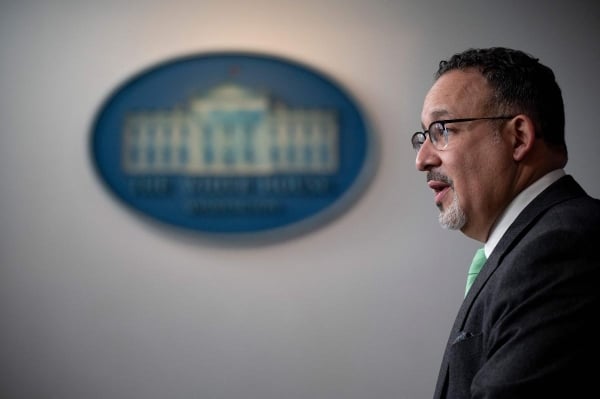The United States government is considering a new proposal that could potentially change the landscape of online education in the country. Under this proposal, states would be given more authority to enforce their own regulations on online education providers, rather than relying solely on federal oversight.
This move comes as a response to the rapid growth of online education in recent years, with more and more students turning to virtual classrooms for their learning needs. While online education offers a flexible and convenient option for many students, there are concerns about the quality and credibility of online programs.
By allowing states to regulate online education providers, the government hopes to ensure that students are receiving a high-quality education that meets their needs and prepares them for their future careers. States would be responsible for establishing and enforcing standards for online education providers, including accreditation, curriculum, and student outcomes.
This shift in policy could have several implications for the online education industry. On one hand, it could lead to a more rigorous oversight of online programs, ensuring that students are getting a quality education. On the other hand, it could also create a more complex regulatory environment for online providers, with different states implementing different standards and requirements.
Critics of the proposal argue that it could stifle innovation in online education and hinder the growth of the industry. They also raise concerns about the potential for states to impose overly burdensome regulations that could make it difficult for online providers to operate.
Proponents, however, see this as an opportunity to improve the quality of online education and protect students from low-quality programs. They believe that states are better equipped to understand the needs of their citizens and can tailor regulations to ensure that online education meets the needs of students in their state.
As the debate continues, it remains to be seen how this proposal will ultimately impact the online education industry in the United States. Regardless of the outcome, it is clear that online education will continue to play a significant role in the country’s education system, and policymakers will need to strike a balance between encouraging innovation and ensuring quality.


